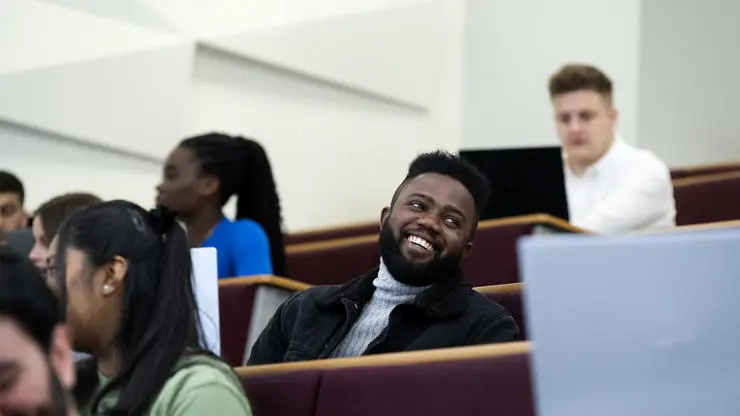MSc/PGDip/PGCert Forensic Anthropology student, Tom, shares a week in the life as a student.
Perhaps the most daunting thing when I started my Master of Research in Forensic Anthropology was the complete lack of a timetable. It was odd going from an undergraduate course where I would be in for between 10 and 17 hours a week of scheduled lecture and lab time. There was something quite rewarding to this, as I realised that my time was my own and I was responsible for getting everything sorted.
I did my best to work to a 09:30 to 17:30, Monday to Friday schedule. This worked well with my body clock and made getting around UCLan less hectic. I made the effort to not work in the evening and if I did, it would only be for an hour or so to tidy up some loose ends. I also made it a rule from day one that I would not do anything MRes related over the weekend, so I had time away from it. If I did not follow these rules, then I will get far too carried away with my work and have no time for myself.

My weeks were undeniably flexible, how much research-based work I would have in a week varied heavily depending on what stage of research I was at. An example of my research included using 3D microscopy to create renders of any created cut marks. My weeks were initially filled with reading through literature and submitting ethics and risk assessments. This then quickly transitioned into practical work and analysis. This period was particularly important to time manage, as I would have to share lab equipment with other people. The latter end of my MRes jumped to writing up my thesis and prepping for my VIVA examination.
Despite the flexibility, there were still parts of my week that remained relatively consistent. Monday mornings were always planning out what I wanted to accomplish over the next week. Setting my intentions from the start allowed me to plan out how long tasks would take and keep my motivation high, as I had continual goals to work towards. My free schedule allowed me to work as a teaching assistant for undergraduate labs for four hours on a Tuesday and Thursday. I also had the opportunity to work as a student ambassador, though these shifts would alter throughout the year. I found these additional tasks during my week helped me to break up my MRes and I was able to stay focused.
Perhaps the most important event of the week was my Friday afternoon meeting with my supervisor team. This was a few hours every week where we would see how I have progressed; read through anything I had written and for me to get answers to any questions. They would also provide feedback and guidance on any work I had submitted in the previous week. After my meeting with my supervisors, I would type up any meeting notes and wrap up any unfinished business from the week to make sure that I could shut off from my work over the weekend and have a fresh start next Monday.

